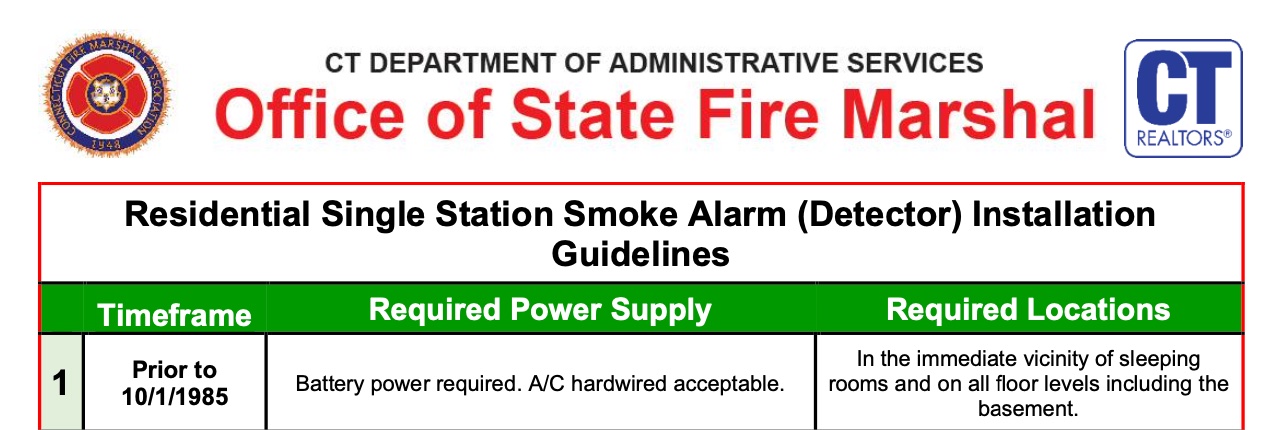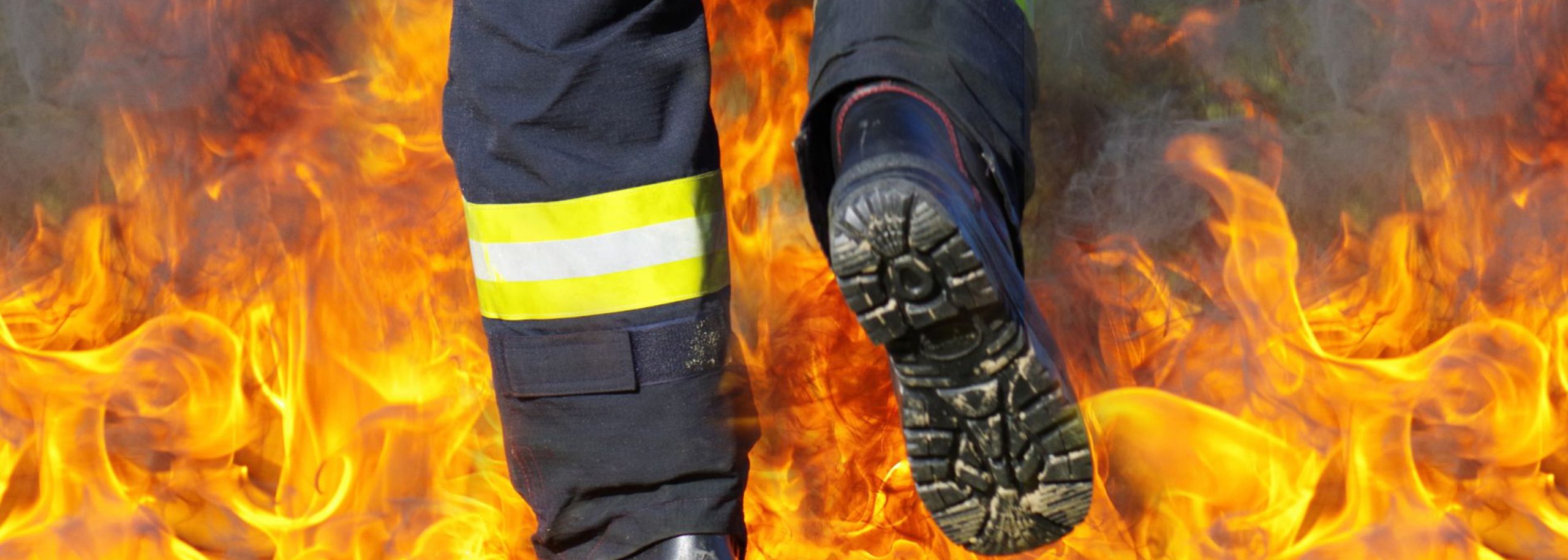No Buyer Credit
Imagine all the homes in your neighborhood, their styles, size, and the years they were built. That is a lot of variation. With this in mind, there has been a change that clearly defines how buyers and sellers deal with smoke and carbon monoxide detectors in their real estate transactions. According to the new rules for smoke and carbon monoxide detectors in CT, which came into effect on October 1, 2023, sellers can no longer agree to a $250 buyer credit in lieu of completing the Smoke Detector and Carbon Monoxide Detector Affidavit. From an abundance of caution, these requirements are reasonable and attainable. Most importantly, this change brings awareness to a vital detail: Safety. Nothing is more important than protecting your family and your home.
Here are the new rules for smoke detectors in CT
If you are purchasing an older home, one built prior to October 1, 1985, a battery powered smoke detector is required in the immediate vicinity of every bedroom. The law requires the installation of a smoke detector on every level of the house. This includes the basement, regardless if it is finished or not. Since these detectors depend solely on batteries, it is highly recommended to check your equipment and change all the batteries yearly.
In homes built between October 1, 1985 to January 1, 1990, all smoke detectors must be hardwired into the building’s electric system. It is essential that these alarms have a backup battery in case of a power outage. A smoke detector must be installed in the immediate vicinity of every bedroom, as well as on every level of the house, including the basement.
Newer homes must have interconnected alarms
If your house was built between January 1, 1990 to May 1, 1999, the rules are more extensive. All your smoke detectors need to be hardwired into the electric system with a battery backup. Additionally, all the smoke alarms must be interconnected. The detectors must be installed on every level of the house, in the basement and located in the direct vicinity of every bedroom.
For newer homes built between May 1, 1999 to the present, smoke detectors are required to be hardwired into the building’s electric system with a battery backup and interconnected. There must be a smoke detector installed on every level of the house including the basement, in every bedroom and outside of all sleeping areas.
Heating is the leading cause of home fires in the US. The Red Cross recently published tips to heat your home safely. These tips include carbon monoxide, as it is undetectable, deadly and associated with heating. Thankfully, the Office of the Fire Marshall also updated guidelines to protect us with the installation of carbon monoxide detectors.
Here are the new rules for carbon monoxide detectors in CT
According to the new rules for smoke detectors and carbon monoxide detectors in CT, a battery-powered carbon monoxide detector is required in the immediate surroundings of all bedrooms in homes built prior to January 1, 2006.
For newer homes built between January 1, 2006 and the present, carbon monoxide detectors are required to be hardwired into the building’s electrical system, and include a battery backup. A carbon monoxide detector must be located in the direct vicinity of all the bedrooms, and on all levels of the house, and in the basement.
Furthermore, the new rules for carbon monoxide detectors in CT require that they be installed in all homes that have a fuel-burning appliance, fireplace, or attached garage.
For more clarity, review the official Fire Marshal Affidavit linked below:
Smoke and Carbon Monoxide Detector Affidavit
Sign at Closing
When selling your house, be prepared. Your attorney will ask you to sign this Affidavit of Compliance at closing. Lean on your realtor for guidance. Have the equipment already in place before your listing goes live.
Buyers, ask your home inspector to include this compliance in your inspections. Most inspectors are aware of these changes and will inspect accordingly.


 Facebook
Facebook
 X
X
 Pinterest
Pinterest
 Copy Link
Copy Link
